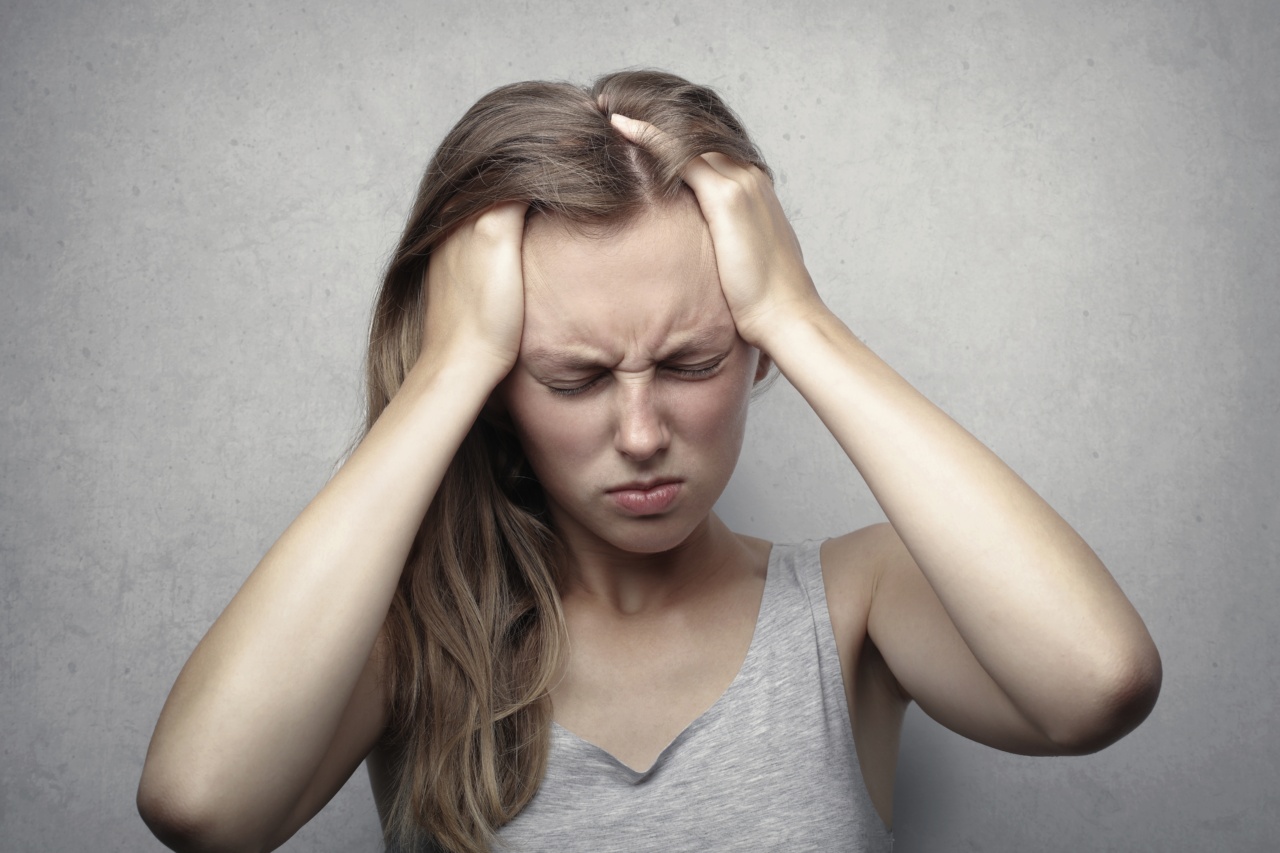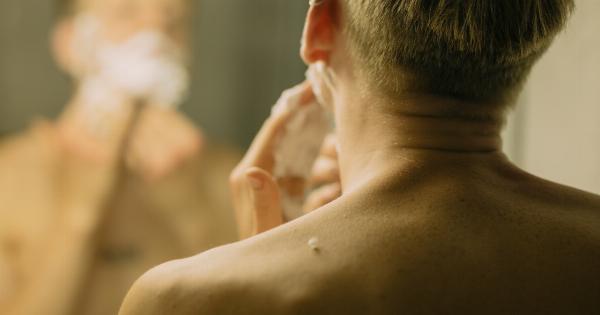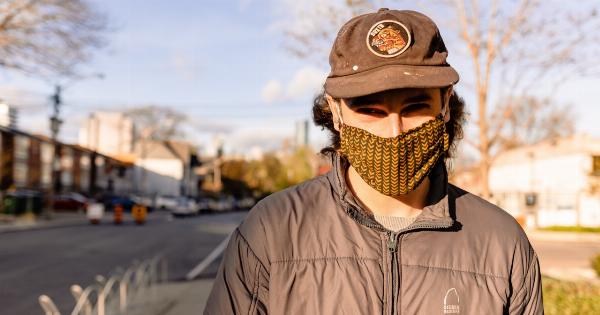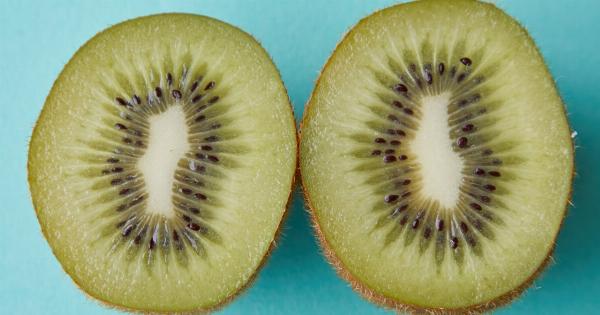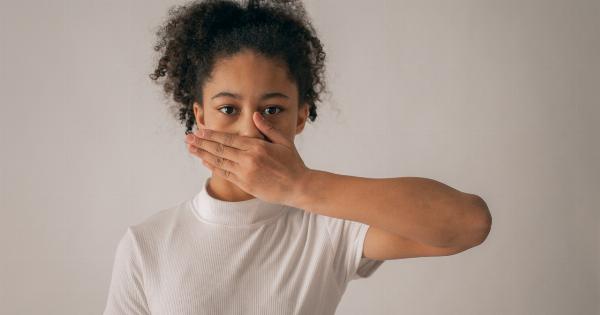It’s a well-known fact that as we age, our hair will lose pigment and turn gray. While this is a natural process, there are many factors that can accelerate or otherwise affect the speed of this process.
Stress has often been linked to gray hair, but not everyone agrees on the extent of this correlation.
What is stress?
Stress is a term used to describe the body’s reaction to external factors that are perceived as harmful. When the body reacts to stress, it releases a hormone called cortisol.
While small amounts of cortisol can be beneficial in helping the body manage stress, continued exposure to cortisol can cause many negative effects in the body.
What causes gray hair?
Gray hair is caused by a decrease in the amount of melanin that is produced by the body. Melanin is the pigment that gives hair its color, and as the body produces less of it, hair loses color and turns gray.
This process is most commonly associated with aging.
Does stress cause gray hair?
The short answer is that scientists are not completely sure. There have been many studies that point to a correlation between stress and gray hair, but the exact nature of this relationship is still being studied.
How does stress affect hair?
In addition to affecting melanin production, prolonged exposure to cortisol can also affect the health of hair follicles. If hair follicles are damaged or malnourished, hair may become brittle and more likely to fall out.
This can contribute to a thinning or graying of hair.
What is the evidence linking stress to gray hair?
While there is still much to learn about the relationship between stress and gray hair, there have been a number of studies that suggest a link between these two factors.
One such study was conducted by a group of researchers at Harvard University. They found that mice exposed to stress had a decrease in the production of cells responsible for producing pigment in their hair.
Another study, published in the Journal of Investigative Dermatology, found that stress can prematurely age hair follicles, leading to gray hair.
There have also been a number of anecdotal reports of people who have experienced gray hair after significant periods of stress.
However, it’s difficult to know whether these reports are due to pure coincidence or a real correlation between stress and gray hair.
Is there anything we can do to prevent stress-related gray hair?
While we can’t prevent the effects of aging or stop hair from turning gray altogether, there are steps we can take to promote healthy hair and reduce the effect of stress.
Some of the methods that may be effective in reducing the effects of stress on hair include:.
- Maintaining a healthy diet of vitamins and minerals that can promote hair growth
- Reducing or eliminating stress through meditation or other relaxation techniques
- Exercising regularly to reduce stress and promote overall health
- Using hair care products with natural ingredients that can promote healthy hair condition
Conclusion
While the relationship between stress and gray hair is still being studied, there is strong evidence to suggest that stress can have an impact on hair health and can accelerate the graying process.
While we might not be able to prevent gray hair, adopting a healthy lifestyle that includes regular exercise, a good diet, and stress-reducing activities can promote overall hair health and reduce the likelihood of premature graying.
